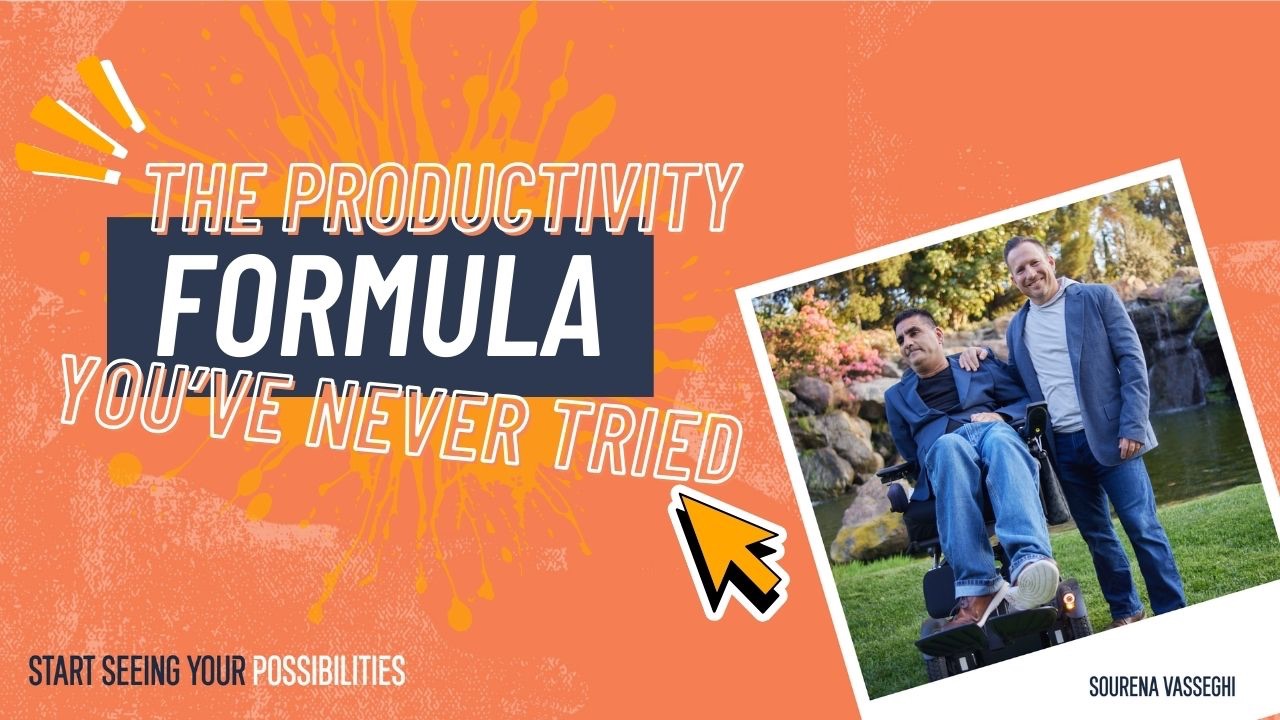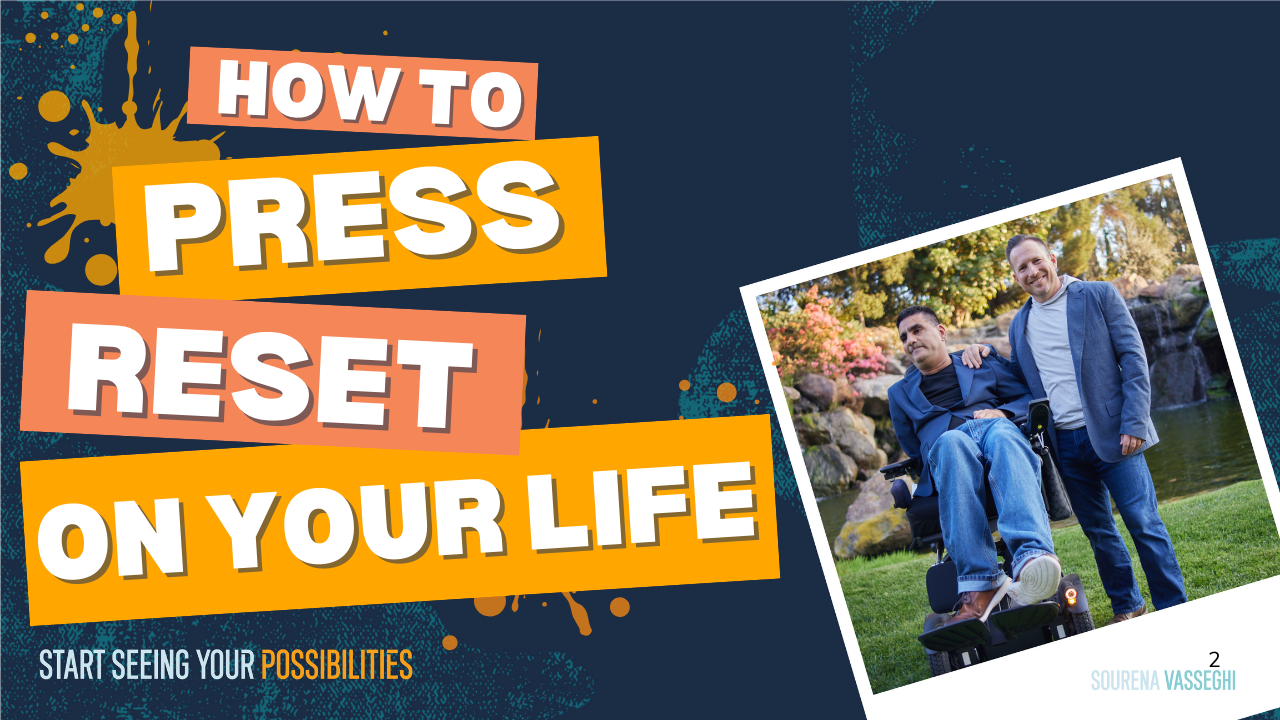Why Hard Work Feels Hard — And What to Do About It

People who are engaged with their work wake up every morning thinking about ways to solve a problem. They are obsessed with what’s next and how to get there. The more engaged you are in improving your life, the better your chances of achieving a goal.
The models of engagement come in different sizes and shapes, depending on how much you want to succeed. One approach is the “cookie-cutter.” This is when engagement follows a system, step by step, to achieve an outcome. It can be an efficient model, especially for novices entering a new field, but it has its downsides too. For example, a parent can be highly engaged in their kid’s life by focusing only on education or telling their child not to do drugs.
Another approach is the “adaptive” model by which engagement is achieved by applying a system to one’s life. Systems follow basic rules, but they leave a lot of room for flexibility depending on what’s happening right now. So, a parent using the adaptive model might be engaged with their child by raising a human being who may not know all the facts but who can think through problems because they understand the bigger picture.
A third approach is the “holistic” model. This is a type of engagement that starts with the preferred outcome and works backwards to find the best path. Maybe the work effort should be tackled using your own energy. But sometimes the best move is to create an environment where other people’s energy and skills can be rocket fuel for your own strategy. For example, a parent could set up a coffee date with other parents in the neighborhood to see how they can offer support.
Most people who are serious about pursuing their goals use a mix of these types of engagement. It’s very rare (and not recommended) that a successful person will be engaged by using a single, isolated method. What worked yesterday might not work tomorrow.
Engagement is an exhaustible resource. It’s impossible to concentrate for too long on anything, no matter how much fun it might be. Work should be rewarding, but only if you make the right investments. Unfortunately, there will be obstacles, roadblocks and just plain lack of motivation.
What makes work “hard” stems from a couple of factors. The first is that emotions attach to any work. Work can make you angry, happy, sentimental, nostalgic, frustrated, bored, tired and a panoply of other emotions. Learning how to deal with discomfort can improve chances of success. If you need more money, are you willing to upgrade your skills, cut back on spending or put more effort into your job? I mean, you can always complain to your friends over beers, but what good will that do?
It's “hard” to feel uncomfortable, tired or overwhelmed. These are emotions and emotions are temporary. If you are willing, they can be let go. From time to time, I have been frustrated by my disability and overwhelmed by my work. As a disabled person, it’s uncomfortable to ask for help. But I found that the best way to deal with emotions is just to chip away at my goals. Plenty of people are willing to do the work. What makes things “harder” than they should be is all the emotions that attach to our work. If we let negative emotions prevent us from doing the work, nothing will get done.
Every goal in life involves a modicum of being uncomfortable. It’s uncomfortable to go to college and get a degree. It’s uncomfortable for a lawyer to read reams of legal documents. It's uncomfortable to discipline even the best kids. Nevertheless, there is a difference between being uncomfortable because you are trying hard and being uncomfortable when not trying hard enough. Both are warnings, except for different things.
Work can be inspiring and motivating. Yet, no matter how much you love something, there will always be parts of the elephant you won’t look forward to eating.
Let's Stay in Touch!
Join my newsletter. I've love to update you on news about me and ways to stay motivated.
By submitting this form, you agree to receive ongoing updates from Sourena Vasseghi





